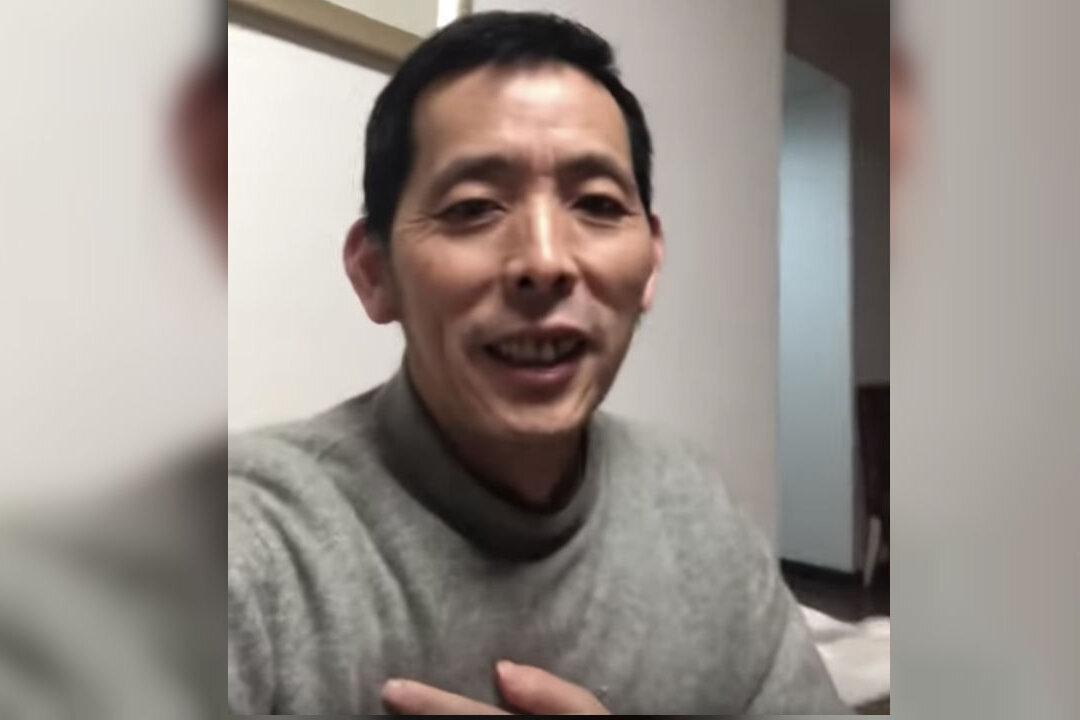A Chinese citizen journalist who chronicled desperate scenes from the virus-stricken city of Wuhan has been detained by police, according to his friends.
Fang Bin, a Wuhan resident, has been targeted by local authorities since he started sharing video footage on Chinese social media, taken at hospitals in the city, which has been on lockdown since early January. A video he took, showing eight dead bodies inside a funeral home van that was parked near a hospital, recently went viral.





